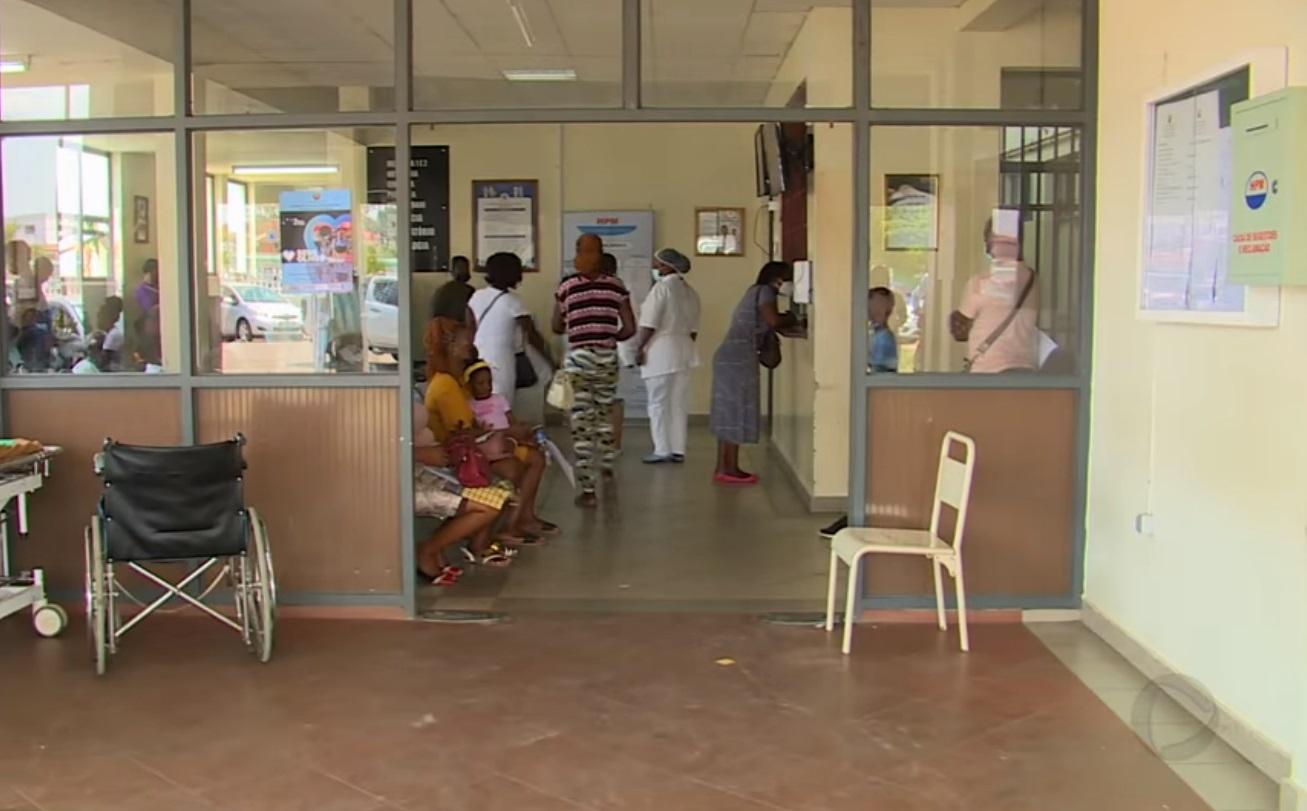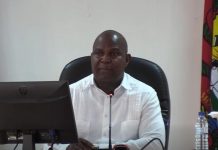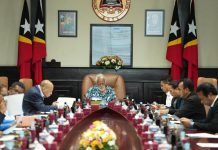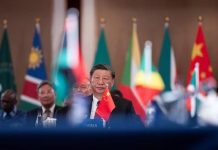Africa-Press – Mozambique. Any attempt to violate the exercise of the right to strike, including the attempts or consummation of threats or coercion, as well as the replacement of striking doctors by other professionals who, at the time of the call for the strike, were not assigned to these places of work (violation of number 8 of article 202 of the Labour Law) will lead to a change in the guidelines contained in this document [Guidelines for the 3rd National Doctors Strike], with the consequent total stoppage of all medical activities, including minimal services.”
Such is the warning delivered by the Medical Association of Mozambique (AMM) to the government, three days after Minister of Health Armindo Tiago tried to de-escalate the call for a third general strike by doctors, scheduled for November 7th to 28th.
The notice was issued this Tuesday (01-11) by the main doctors’ association, as part of the dissemination of guidelines for the third strike in the sector in the country. The warning comes from a professional group who have already proved the results of claiming their rights, in a country where the rights to demonstrate and to strike are often perceived as merely cosmetic.
In 2013, the year in which the first two general strikes by doctors took place, Jorge Arroz, the late leader of the AMM, was arrested while allegedly preparing a plan to close all hospitals in the country. (He was released four hours later.) Months later, dozens of doctors were penalised for having joined the strikes in January and May of that year.
Next Monday, the first chapter of what could be the biggest strike by doctors of all time in Mozambique begins. Close to 2,500 Mozambican doctors country-wide are invited to participate in the profession’s third general strike, called at a national meeting of the AMM on October 27th.
According to the organisation, the strike comes in response to the successive failure of “multiple attempts at fruitful dialogue with the government”. Doctors will cease activities in public health services for 21 days. They do however guarantee minimum services, if they are not prevented from speaking out.
“After the strikes in January and May, 2013, the AMM has been guided by dialogue in the search for solutions in relation to the challenges that confront the class and the National Health Service. It is in this context that the AMM has, since 2015, sent multiple letters to the Ministries of Health, State Administration and Civil Service, Economy and Finance and to His Excellency the President of the Republic, without obtaining answers which satisfy the medical profession. At issue is the Government’s failure to comply with most of the rights contained in the Doctor’s Statute in the Public Administration and its respective Regulation (law 25/2013 and decree n.o 43/2014),” the doctors explain, stressing that neither the Administrative Tribunal nor the Ombudsman have been of assistance in their battle.
According to the doctors, the situation worsened last June, when the Ministry of Health began the process of unilaterally revising the Doctor’s Statute in the Public Administration, in which it withdrew the rights to housing (house rental allowance) and special seniority, and transformed the right to professional indemnity insurance into a duty.
The AMM adds that the government has placed general practitioners and dentists at Level 12 of the Single Salary Table (TSU) and specialist doctors at Level 16, contrary to its promise of putting general practitioners at Levels 16 to 18 and specialist doctors between Levels 19 and 21.
It also reduced subsidies. The exclusivity subsidy fell from 40% to 5%; the risk subsidy from 30% to 5%; the special bonus from 75% to 0%; the shift work allowance from 30% to 7.5%; the localisation allowance from 15% to 5%; the rent allowance went from 30% to 0%; and the subsidy for night work dropped from 25% to 12.5%.
“In the last week of October, 2022, salaries began to be paid. In most cases, doctors are receiving salaries lower than those earned in September, even with the inclusion of the TSU adjustment allowance,” the doctors claim, adding that they have already communicated this to the government, without reply.
In the note shared with the media, the doctors say that they will only end their strike once their demands are satisfied.
By Abilio Maolela
For More News And Analysis About Mozambique Follow Africa-Press






